

Gift or Loan — How Family Money Can Help You Buy a Home
If you’re a buyer on a tight budget, your family may be able or willing to help you with your downpayment. If that’s the case, lucky you! I know financial support from family is not an option for every buyer and I have many articles about other options on my website, but if you do fall into the ca
Read More
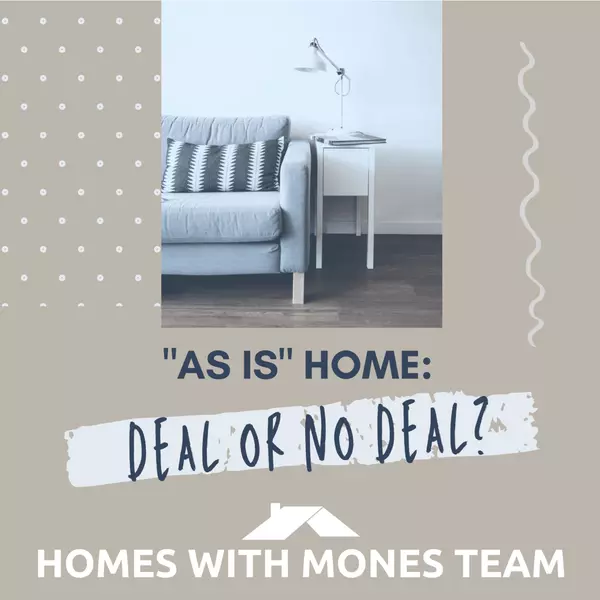
"As Is" Home - Deal or No Deal?
In this 8-part series, How to Find the Perfect Home for You and Your Budget, you’ll learn how to find a home that is the right fit for your lifestyle, needs and, most importantly, your budget. It takes you through every single step and show you how to avoid buyer’s remorse. Your first home is most
Read More

What YOU Need to Know When Buying for Schools
In this 8-part series, How to Find the Perfect Home for You and Your Budget, you’ll learn how to find a home that is the right fit for your lifestyle, needs and, most importantly, your budget. We take you through every single step and show you how to avoid buyer’s remorse. Your first home is most
Read More
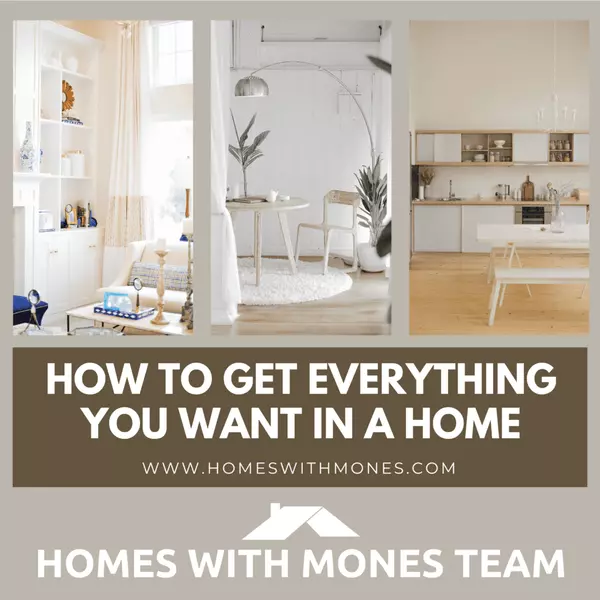
How to Get Everything You Want in a Home
In this 8-part series, How to Find the Perfect Home for You and Your Budget, you’ll learn how to find a home that is the right fit for your lifestyle, needs and, most importantly, your budget. It takes you through every single step and shows you how to avoid buyer’s remorse. Your first home is mos
Read More
Categories
Recent Posts
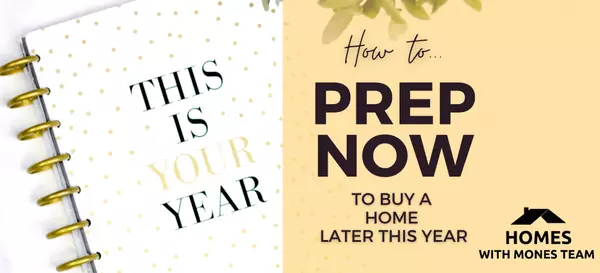
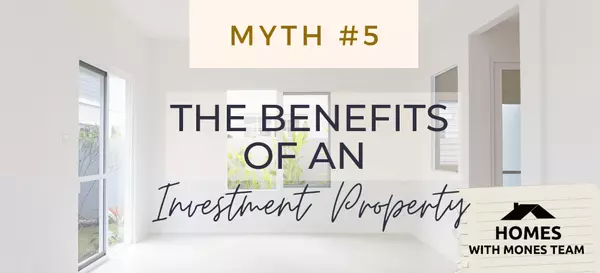
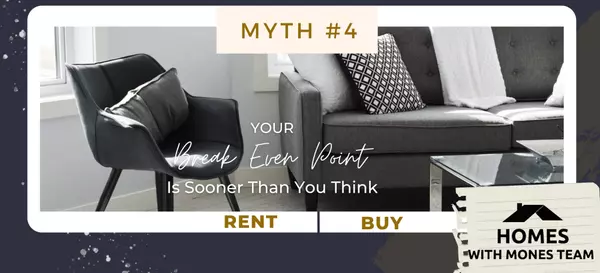
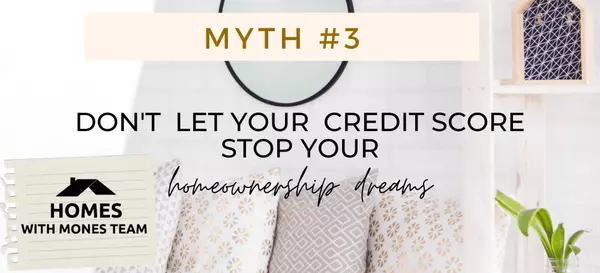
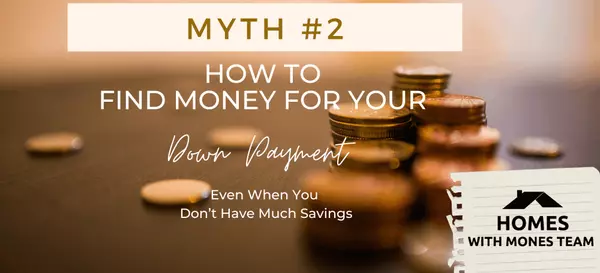
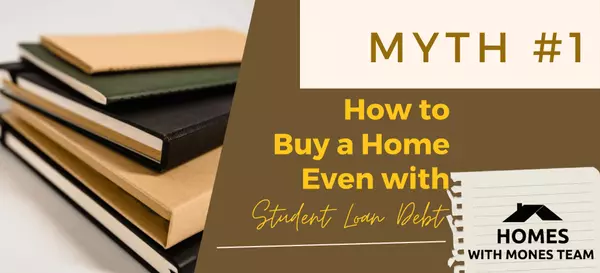
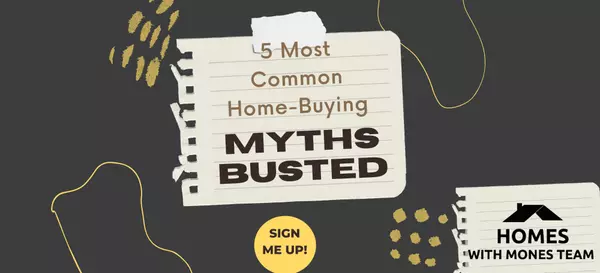
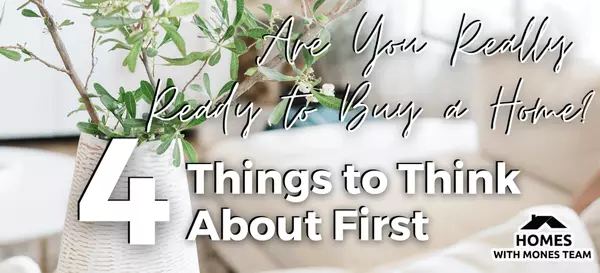
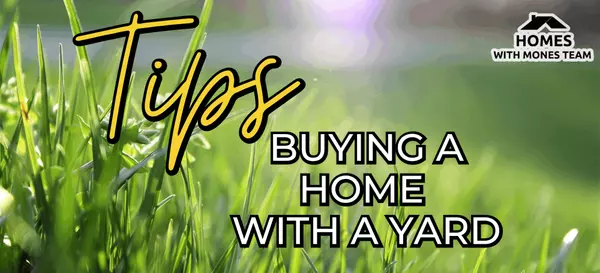
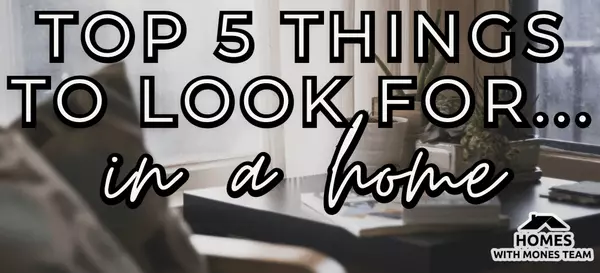
 REALTOR® Lic# SP200205008|5005063|0225251751
REALTOR® Lic# SP200205008|5005063|0225251751I am committed to helping you find your dream home, selling your property for the best possible price, and providing top-notch real estate services. I am dedicated to providing personalized attention and expert guidance to meet all of your real estate needs. Whether you are a first-time homebuyer or an experienced investor, I am here to help you navigate the complex and ever-changing real estate market. I pride myself on local knowledge, professionalism, and commitment to exceeding your expectations. Explore my website to learn more about the services I provide and the properties I have to offer. Contact me today to start your real estate journey
+1(202) 494-0110 lorin@homeswithmones.com1017 O St NW Washington, DC, 20001
https://homeswithmones.com
